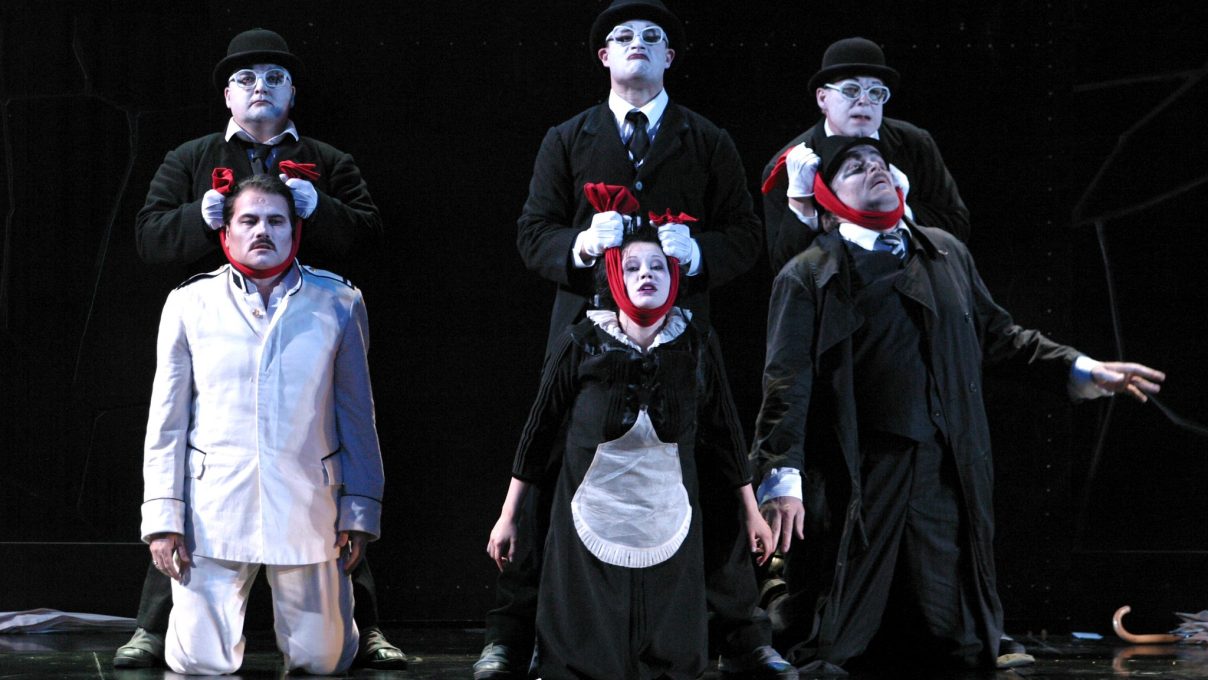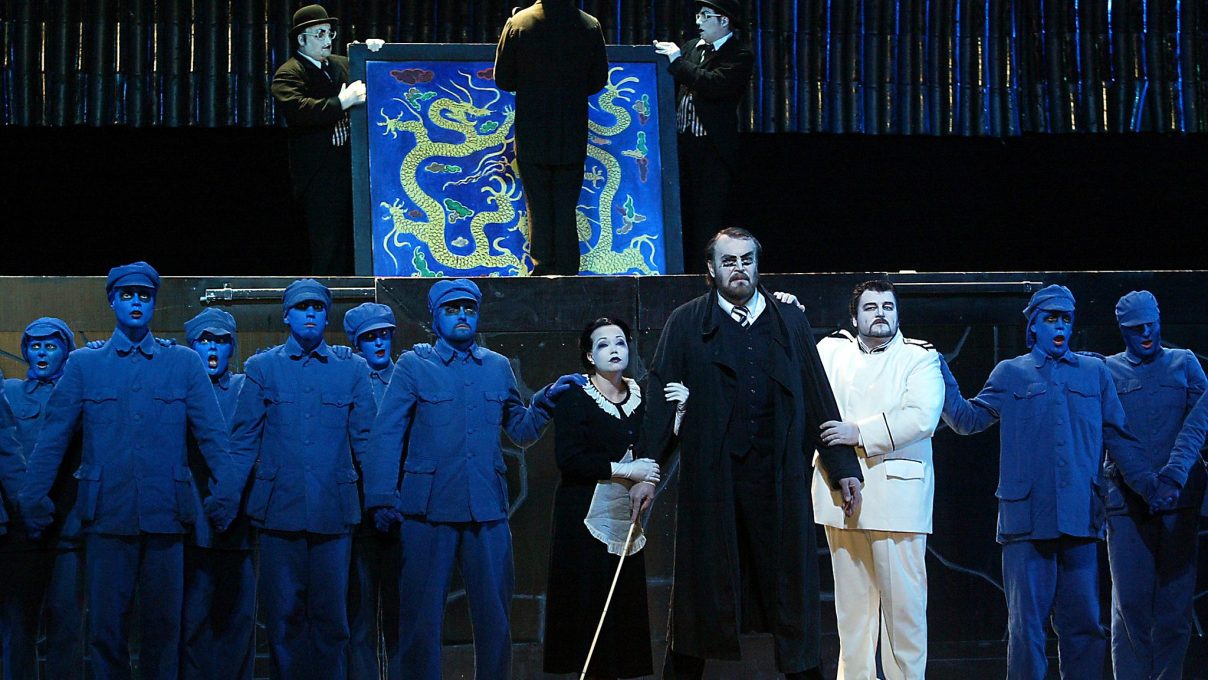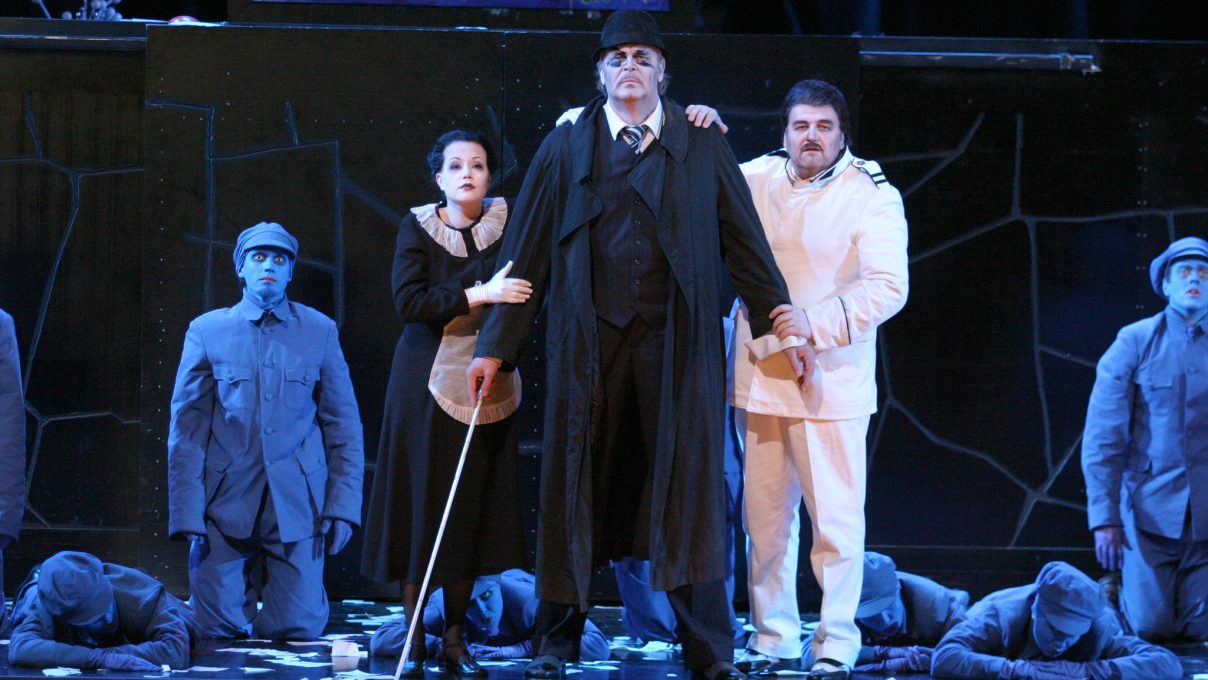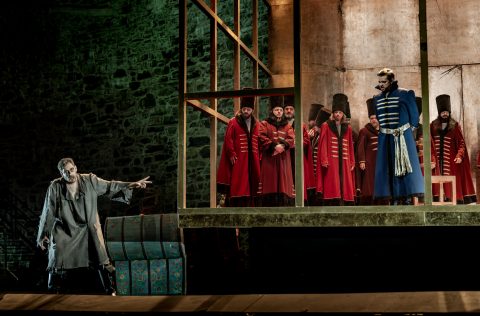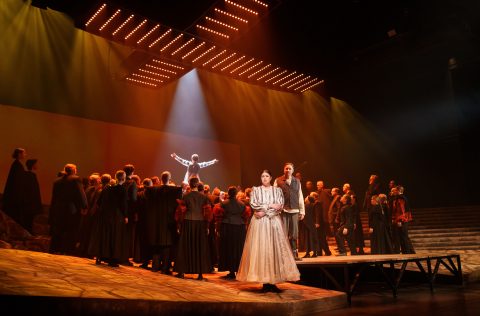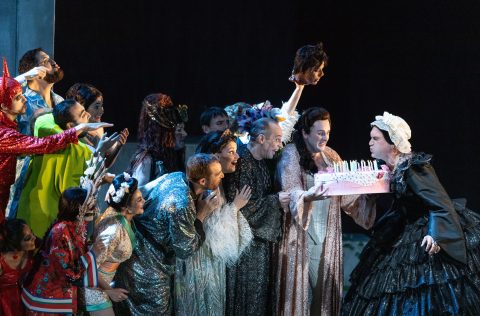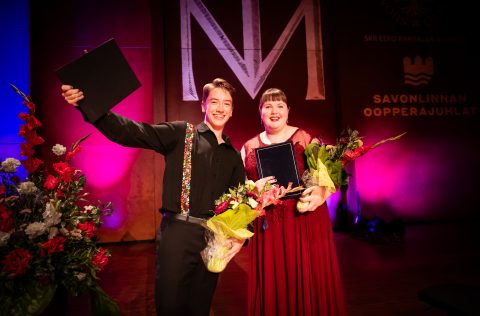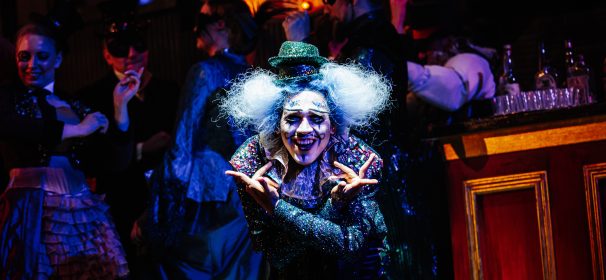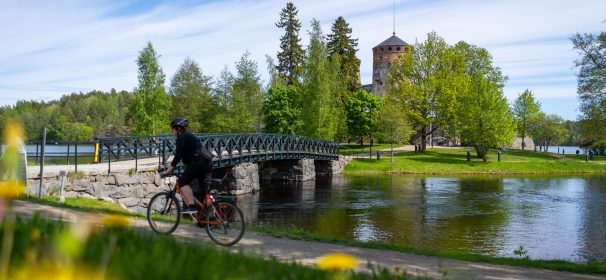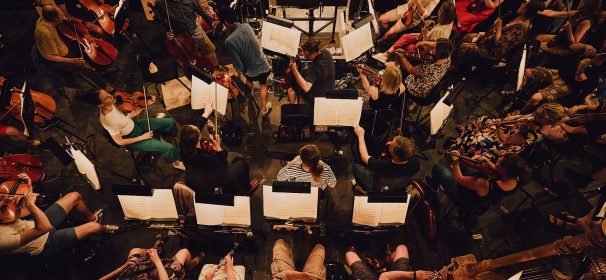Every of princess Turandot’s suitors needs to answer her three feared riddles – if he fails, he pays with his life. One after the other faces death, until a stranger arrives at the palace and succeeds. Taken by surprise Turandot wants to evade her fate, but the stranger takes on a new bet with her. If she can tell him his name by the end of the night, she wins and he will be executed. If not, they will get married. Turandot tries everything in her power to find out the name. In the end, she not only learns the stranger’s name, but also what love is.
Full of undying melodies, such as opera’s probably most famous aria „Nessun Dorma“, Turandot is an opera with a story that dates back to the early middle-ages. Inspired by a Chinese music box, Puccini composed music laden with passion, beauty and modern elements, that were ahead of his time. Turandot remains Puccini’s last opera, although the composer died bevor being able to complete it. The ending was later finished by Alfano, who used Puccini’s sketches to see through the maestro’s will.
Pet Halmen’s staging is monumental, bombastic and makes full use of the castle’s broad stage. Puccini’s own life is also intertwined in this opera: terminally ill, the composer sees illusions and confuses his own fate with the story of Turandot. With Amadi Lagha and Eva Plonka the evening promises nothing short of being epic.

